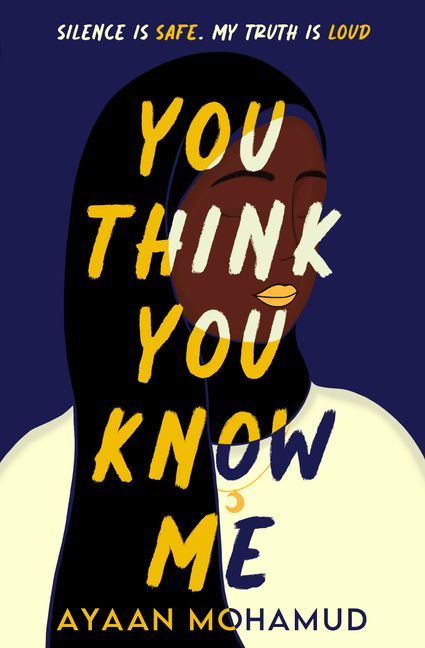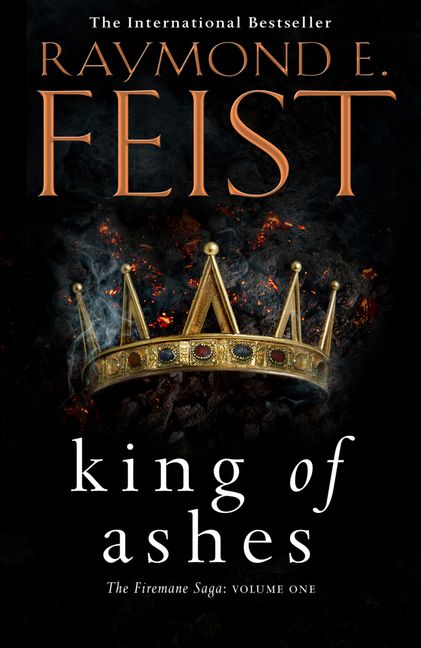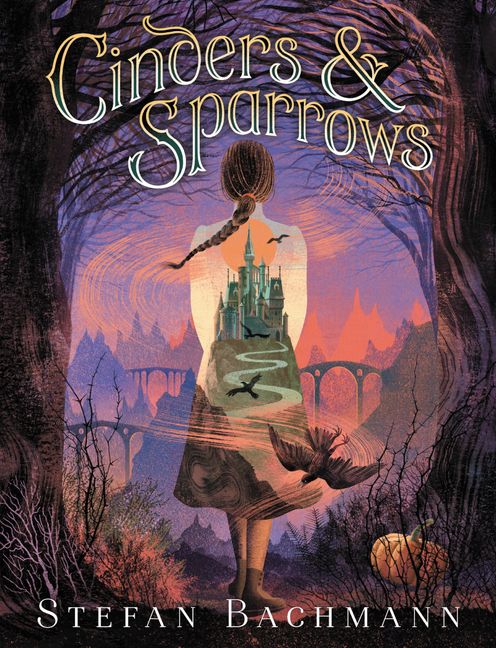There was more than one way to be lost, more than one way to be saved.
Born in Montego Bay, Jamaica, where luxury hotels line pristine white sand beaches, Safiya Sinclair grew up guarding herself against an ever-present threat. Preaching fire and brimstone, her father, a volatile reggae musician and strict believer in a militant sect of Rastafari, railed against Babylon, the immoral, corrupting influence of the Western world just beyond their gate. To protect the purity of the women in their family he forbade almost everything: no trousers, no short sleeves and no short skirts, no opinions, nowhere but home and school, no friends but this family and no future but this path.
Rastas were outlawed and ostracized in Jamaica and, in this isolation, Safiya’s father’s rule was absolute. At home, her mother did what she could to bring the joy of the world beyond to her children with books and poetry. As Safiya’s imagination leapt beyond its restrictive borders, soon her burgeoning independence brought with it greater clashes with her ever more radicalised father. Safiya knew that if she was to live at all, she had to find some way to leave home. But in order to carve her own way forward, she had to first make her way back.
In seeking out the past of her family Safiya Sinclair takes readers inside the world of Rastafari that is little understood by those outside it and delivers an astonishing, personal reckoning with family, history and the legacy of empire. A lyrical memoir of devastating emotional power, How to Say Babylon is a testament to the forces of hope, intellect and imagination that light up every page.




